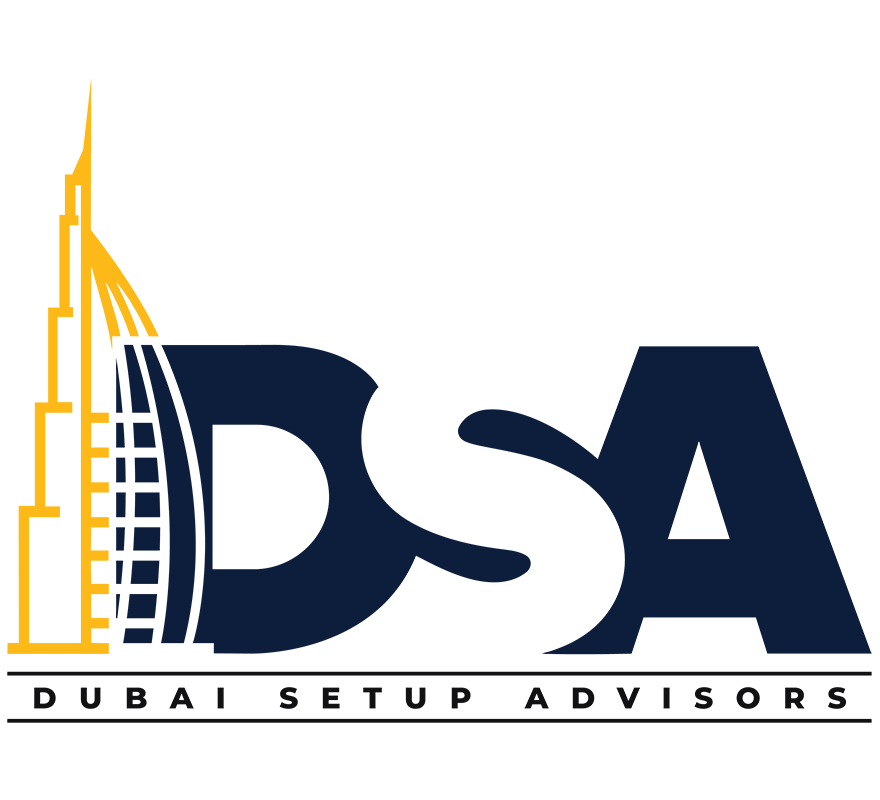
What Is Wealth Management – Foundations, Trusts, HNWI Structuring & SPVs?
A modern wealth management strategy goes beyond traditional banking. It relies on purpose-built legal structures designed to ring-fence assets, streamline succession and enhance confidentiality.
Trusts are legal relationships where a settlor transfers property to a trustee to benefit one or more beneficiaries. They are widely used for estate planning, asset protection and wealth management, allowing families to hold investments under the stewardship of a trusted party.
Foundations, on the other hand, are hybrid entities that blend characteristics of a trust and a company. They hold and manage assets independently from the founder and operate according to a charter and by-laws. UAE foundations are often used for asset protection, succession planning, family wealth structuring, charitable giving and holding intellectual property or investments.
Special Purpose Vehicles (SPVs) are temporary legal entities created for one-off transactions such as project finance, securitisation or mergers and acquisitions. They isolate risk so that liabilities remain confined to the specific project rather than affecting a wider corporate group.
HNW structuring refers to tailored legal and corporate structures that help high-net-worth individuals consolidate global assets, optimise taxation and maintain control while ensuring privacy and compliance. This often involves combining foundations, trusts, SPVs and holding companies into a cohesive wealth platform.

